Home>Garden Essentials>How Long After Spraying Roundup Can You Plant Grass Seed
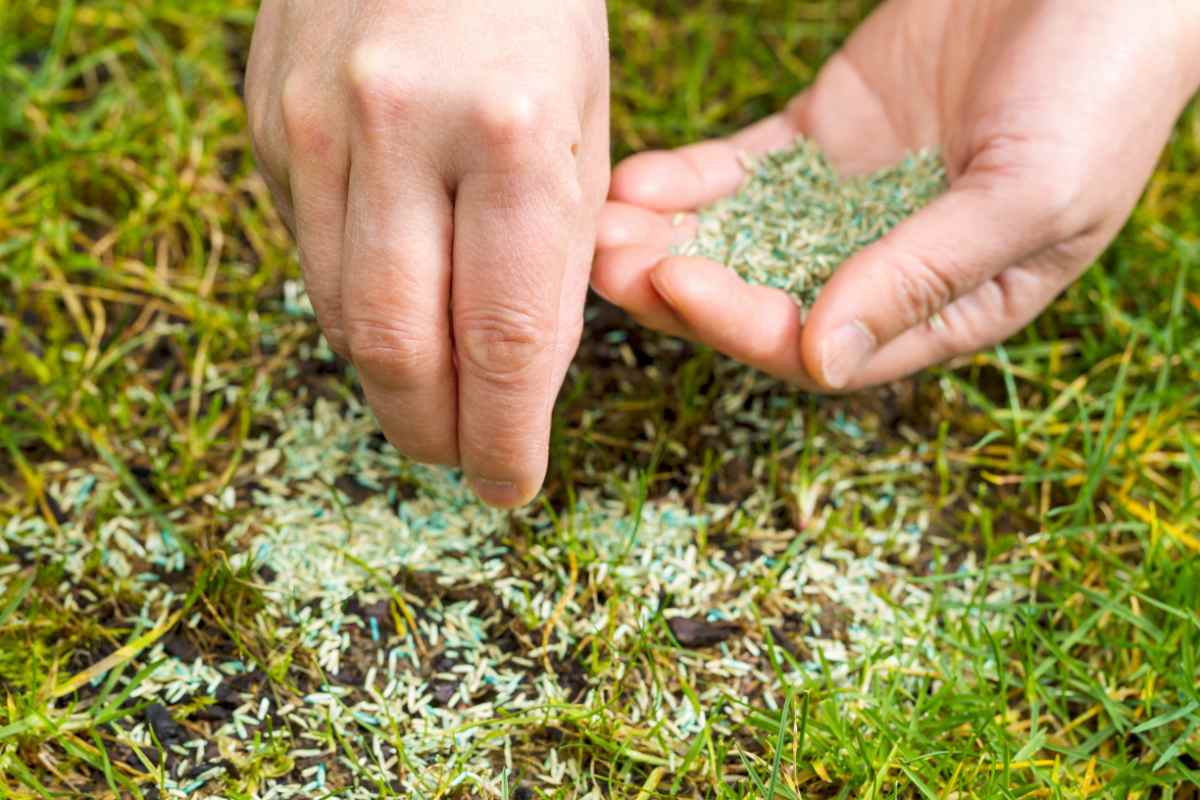

Garden Essentials
How Long After Spraying Roundup Can You Plant Grass Seed
Modified: October 18, 2024
Learn how long you need to wait after spraying Roundup in your garden before planting grass seed, to ensure optimal growth and results.
(Many of the links in this article redirect to a specific reviewed product. Your purchase of these products through affiliate links helps to generate commission for Storables.com, at no extra cost. Learn more)
Introduction
Welcome to our comprehensive guide on how long you should wait to plant grass seed after spraying Roundup. If you’re a gardening enthusiast looking to achieve a lush and healthy lawn, understanding the proper timing for planting grass seeds after using Roundup is crucial.
Roundup is a popular herbicide commonly used to control weeds and unwanted plants. It contains glyphosate as its active ingredient, which effectively kills vegetation by disrupting essential plant enzymes. While Roundup is highly effective in eliminating weeds, it can also have an impact on newly planted grass seeds if not used correctly.
Proper timing is essential to ensure successful grass seed germination and establishment after applying Roundup. Planting too soon can result in poor seedling growth, while waiting too long can delay the rejuvenation of your lawn. In this guide, we will discuss the factors that affect the waiting period for planting grass seed after spraying Roundup and provide recommendations for different types of grass seeds.
But before we delve into the specifics of planting after Roundup application, let’s first gain a better understanding of Roundup and grass seeds.
Key Takeaways:
- Wait 1-2 weeks to plant annual grasses and 3-6 weeks for perennial and warm-season grasses after using Roundup. Patience and proper soil preparation are key for successful grass seed germination.
- Choose high-quality grass seeds, prep the soil, sow evenly, and provide proper moisture for successful grass seed planting after Roundup application. Avoid herbicides and be patient for a lush lawn.
Understanding Roundup and Grass Seeds
Roundup is a widely used herbicide that effectively kills weeds and unwanted vegetation. The main active ingredient in Roundup is glyphosate, a chemical that inhibits the growth of plants by disrupting essential enzymes. When sprayed on weeds, Roundup is absorbed through the foliage and transported throughout the plant, eventually leading to its death.
Grass seeds, on the other hand, are the starting point for growing a beautiful and healthy lawn. They contain all the genetic material necessary for grass plants to develop and thrive. When planted in suitable conditions, grass seeds germinate, sending out roots and shoots to establish a robust turf.
It is important to understand that Roundup is a non-selective herbicide, meaning it can affect all types of plants, including grass seeds. Therefore, it is crucial to exercise caution and follow recommended guidelines to ensure the success of your grass seed planting after Roundup application.
The timing of planting after Roundup application is significant because glyphosate can remain in the soil for a certain period. If grass seeds are planted too soon after Roundup application, they may come into contact with residual glyphosate, which can inhibit their growth and affect establishment.
By understanding the interaction between Roundup and grass seeds, you can make informed decisions and take the necessary steps to ensure the health and vitality of your lawn.
Factors Affecting Planting Time After Roundup Application
The waiting period for planting grass seed after spraying Roundup can vary depending on several factors. It is essential to consider these factors to optimize the success of your grass seed establishment. Let’s explore some of the key factors that influence the planting time after Roundup application.
- Product Concentration: The concentration of Roundup used can affect the waiting period. Higher concentrations may require a longer waiting period, as the residual effects of glyphosate can be more substantial.
- Weather Conditions: Weather plays a significant role in the breakdown of Roundup in the soil. Warm and sunny conditions promote faster degradation, while cold and wet weather can extend the waiting period.
- Soil Type: Different soil types have varying capacities to retain or degrade glyphosate. Sandy soils tend to have lower glyphosate retention, while clay soils can hold the chemical for longer periods.
- Seed Type: Different grass seed varieties have varying levels of tolerance to glyphosate. Some grass seeds may be more susceptible to the residual effects of Roundup, requiring a longer waiting period for optimal germination.
- Application Technique: The method of Roundup application also affects the waiting period. If Roundup is applied directly to the foliage of weeds, the contact between the herbicide and the soil is minimized, potentially reducing the waiting period.
It is important to consider all these factors when determining the appropriate time to plant grass seed after Roundup application. By understanding these factors, you can make better decisions and ensure the successful establishment of your grass seeds.
Recommended Waiting Periods for Planting Grass Seed After Roundup Application
After applying Roundup, it is crucial to wait for a specific period before planting grass seed to ensure optimal germination and establishment. The waiting period allows for the breakdown and dissipation of glyphosate in the soil, minimizing any potential negative effects on the newly planted grass seeds. Keep in mind that waiting too long may also hinder seed germination. Here are the recommended waiting periods for planting grass seeds after Roundup application:
- Annual Grasses: For annual grasses, such as ryegrass or annual bluegrass, it is generally recommended to wait 1-2 weeks after Roundup application before planting grass seeds. These grasses have a faster germination and establishment process, so a shorter waiting period is recommended.
- Perennial Grasses: Perennial grasses, such as Kentucky bluegrass or fescue, typically require a longer waiting period after Roundup application due to their slower germination and establishment. It is advisable to wait 3-4 weeks before planting grass seeds for perennial grass species.
- Warm-Season Grasses: Warm-season grasses, including Bermuda grass or zoysia grass, have a different growth pattern and dormant period. It is advisable to wait 4-6 weeks after Roundup application before planting grass seeds for warm-season grass species.
These waiting periods are general guidelines, and it’s crucial to consider the specific instructions provided by the manufacturer of the Roundup product you used. Additionally, local climate and soil conditions can also impact the waiting period, so it’s important to evaluate these factors as well.
Remember, patience is key when it comes to planting grass seeds after Roundup application. Waiting for the recommended period ensures that the residual effects of Roundup have dissipated, allowing your grass seeds the best chance to germinate and establish into a healthy and vibrant lawn.
Wait at least 3 days after spraying Roundup before planting grass seed. This allows the herbicide to be absorbed by the weeds and not affect the new grass growth.
Specific Guidelines for Planting Different Types of Grass Seeds After Roundup Application
When it comes to planting different types of grass seeds after Roundup application, it’s important to follow specific guidelines to ensure successful germination and establishment. Different grass species have varying levels of sensitivity to Roundup, requiring different waiting periods and planting techniques. Here are some specific guidelines to consider:
- Kentucky Bluegrass: Kentucky bluegrass is a popular cool-season grass that requires a waiting period of 3-4 weeks after Roundup application before planting grass seeds. It is important to choose high-quality Kentucky bluegrass seeds and evenly distribute them into the prepared soil.
- Tall Fescue: Tall fescue is a tough and adaptable cool-season grass that can withstand some residual effects of Roundup. However, it is still recommended to wait 3-4 weeks before planting tall fescue grass seeds after Roundup application. Ensure the soil is well-prepared and provide adequate moisture during the germination process.
- Zoysia Grass: Zoysia grass is a warm-season grass that requires a longer waiting period of 4-6 weeks after Roundup application. It is recommended to use high-quality zoysia grass seeds and provide proper soil preparation to ensure successful establishment.
- Bermuda Grass: Bermuda grass is another warm-season grass that has a higher tolerance to glyphosate. However, it is still advisable to wait 4-6 weeks before planting Bermuda grass seeds after Roundup application. Remove any dead plant material and ensure good seed-to-soil contact for optimal germination.
- Buffalo Grass: Buffalo grass is a warm-season grass with excellent drought tolerance. It is advisable to wait 4-6 weeks after Roundup application before planting buffalo grass seeds. Ensure the soil is well-prepared and provide adequate moisture during the germination phase.
It’s essential to carefully read and follow the instructions provided by the grass seed manufacturer, as they may have specific guidelines for planting after Roundup application. Additionally, consider local climate and soil conditions to make any necessary adjustments to the planting process.
By following these specific guidelines for planting different types of grass seeds after Roundup application, you can increase the chances of successful germination and establishment, resulting in a lush and healthy lawn.
Tips for Successful Planting After Roundup Application
Planting grass seeds after Roundup application requires careful attention to detail to ensure successful germination and establishment. Here are some tips to maximize your chances of a healthy and thriving lawn:
- Follow the waiting period: Adhere to the recommended waiting period before planting grass seeds after Roundup application. This allows for the breakdown and dissipation of glyphosate, minimizing any potential negative effects on seedling growth.
- Choose high-quality seeds: Select grass seeds that are appropriate for your specific lawn needs and environmental conditions. High-quality seeds have a higher chance of successful germination and establishment.
- Prep the soil: Prepare the soil properly by removing any debris, weeds, or dead vegetation. Loosen the soil and incorporate organic matter to improve drainage and nutrient availability.
- Sow evenly: Follow the recommended seeding rate and sow the grass seeds evenly over the prepared soil. Uneven seeding can result in patchy growth and an uneven lawn.
- Provide adequate moisture: Water the newly planted grass seeds regularly to keep the soil moist but not waterlogged. Proper watering ensures seed germination and supports early seedling growth.
- Avoid herbicides: Refrain from applying any additional herbicides or weed control products immediately after seeding. These chemicals can interfere with the germination and establishment of grass seeds.
- Maintain proper mowing height: Once the grass seedlings have established, maintain the recommended mowing height for your specific grass species. Proper mowing promotes healthy growth and helps to prevent weed competition.
- Fertilize as needed: Monitor the nutrient needs of your grass and apply fertilizer as recommended. Avoid excessive nitrogen fertilization during the early stages of grass seedling growth.
- Monitor for weeds: Keep an eye out for any weed growth and promptly address any weed issues. Hand-pulling or spot-treating with herbicides (if necessary) can help maintain a weed-free lawn.
- Patience is key: Remember that establishing a healthy lawn takes time. Be patient and provide the necessary care and attention to your newly planted grass seeds.
By following these tips, you can increase your chances of successful grass seed germination and establishment after Roundup application, resulting in a beautiful and vibrant lawn to enjoy for years to come.
Conclusion
Planting grass seed after spraying Roundup requires careful consideration and adherence to specific guidelines to ensure successful germination and establishment. By understanding the interaction between Roundup and grass seeds, as well as the factors that affect the waiting period, you can make informed decisions and optimize the health and vitality of your lawn.
It is important to follow the recommended waiting periods for planting grass seeds after Roundup application, which can vary depending on the grass species and environmental conditions. Waiting allows for the breakdown of glyphosate and minimizes any potential negative effects on seedling growth.
In addition, following specific guidelines for different types of grass seeds after Roundup application helps to ensure successful germination and establishment. Each grass species has its own tolerance to glyphosate and may require different waiting periods. By choosing high-quality seeds, properly preparing the soil, providing adequate moisture, and monitoring for weeds, you can increase the chances of a healthy and vibrant lawn.
Remember to be patient during the establishment process, as it takes time for your grass seeds to grow and develop into a lush and beautiful lawn. Avoid the use of additional herbicides immediately after planting, and provide the necessary care and maintenance to support the growth of your grass seedlings.
By following these guidelines and tips, you can achieve a successful grass seed planting after Roundup application and enjoy a thriving and stunning lawn that enhances the beauty of your outdoor space.
Frequently Asked Questions about How Long After Spraying Roundup Can You Plant Grass Seed
Was this page helpful?
At Storables.com, we guarantee accurate and reliable information. Our content, validated by Expert Board Contributors, is crafted following stringent Editorial Policies. We're committed to providing you with well-researched, expert-backed insights for all your informational needs.
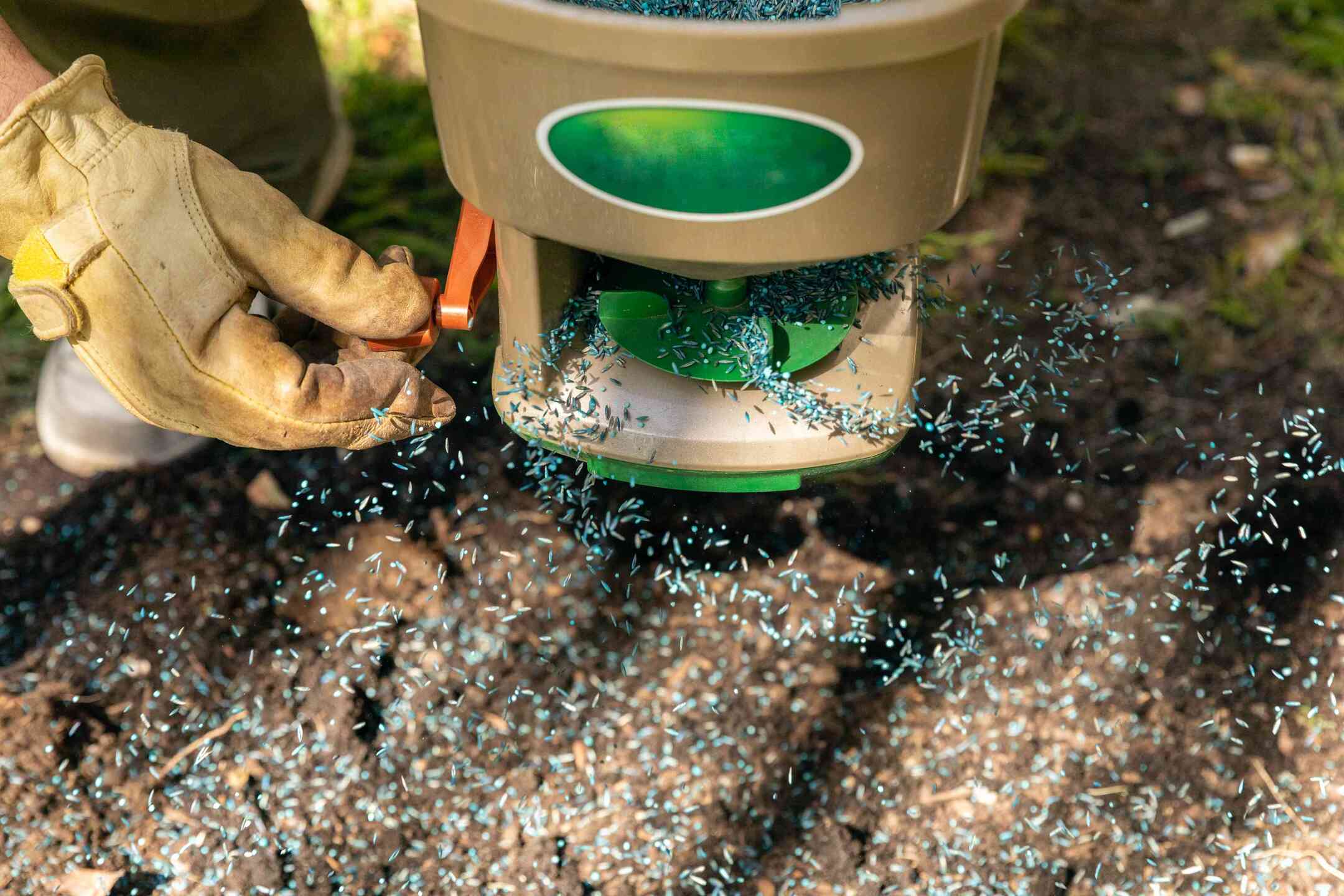
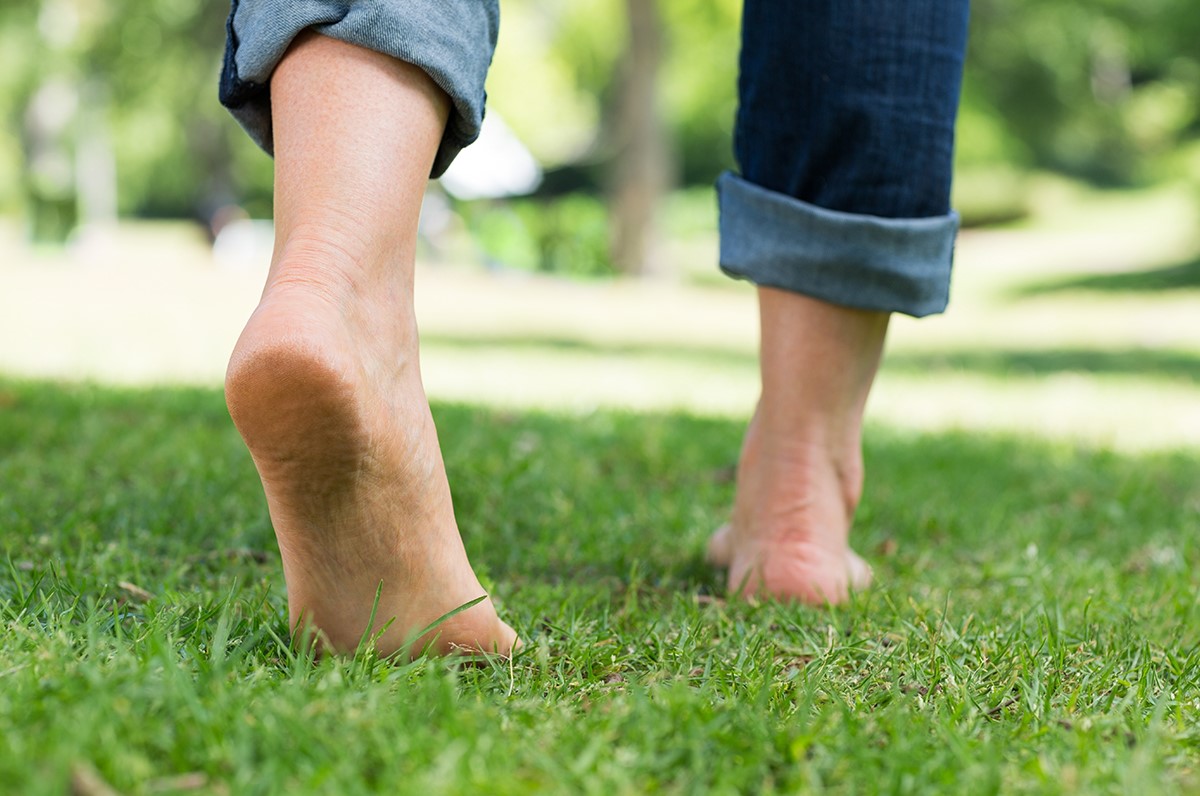
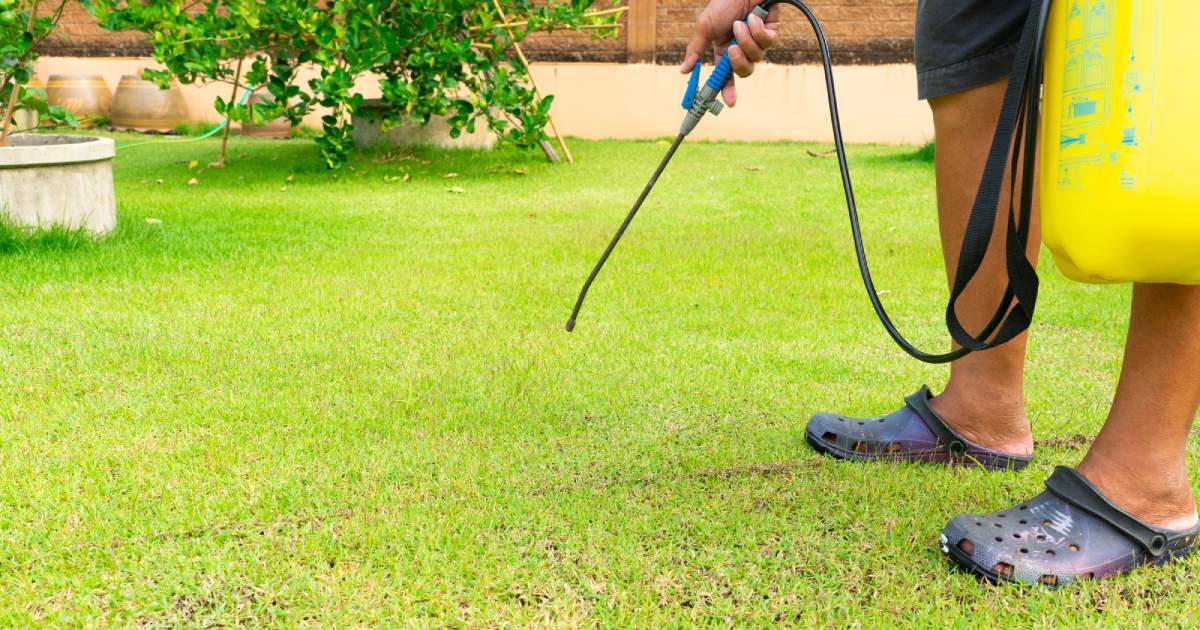
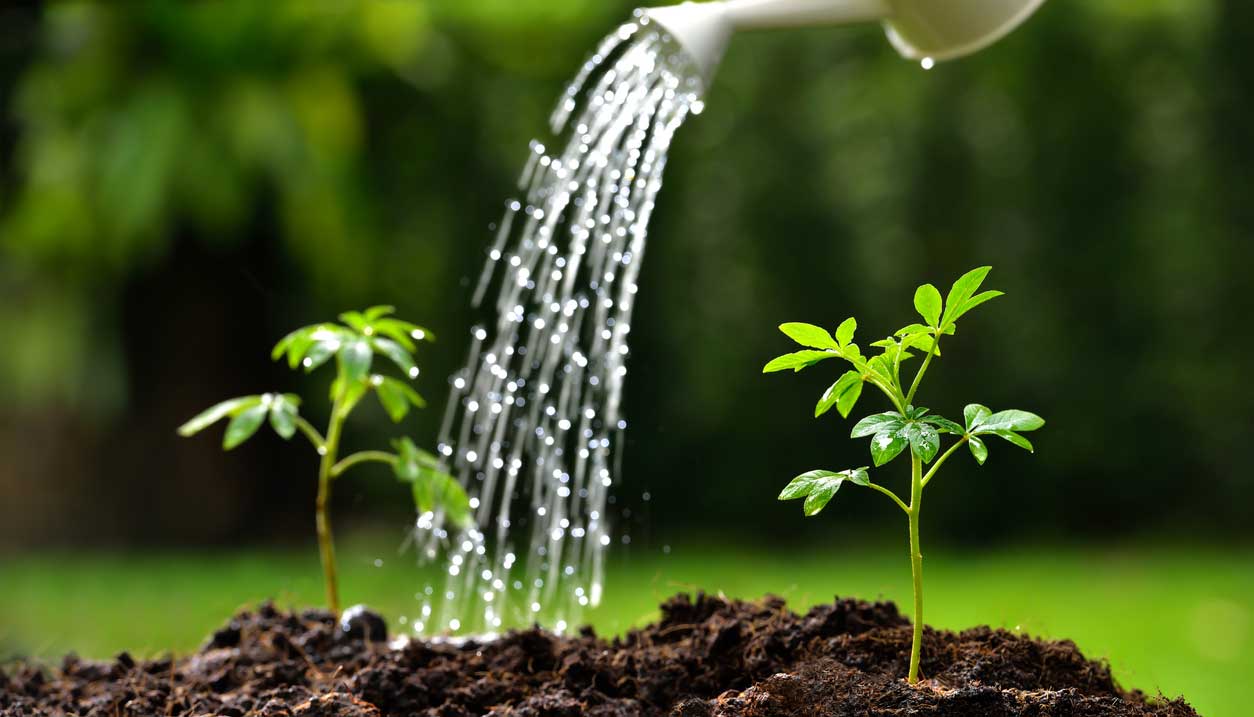
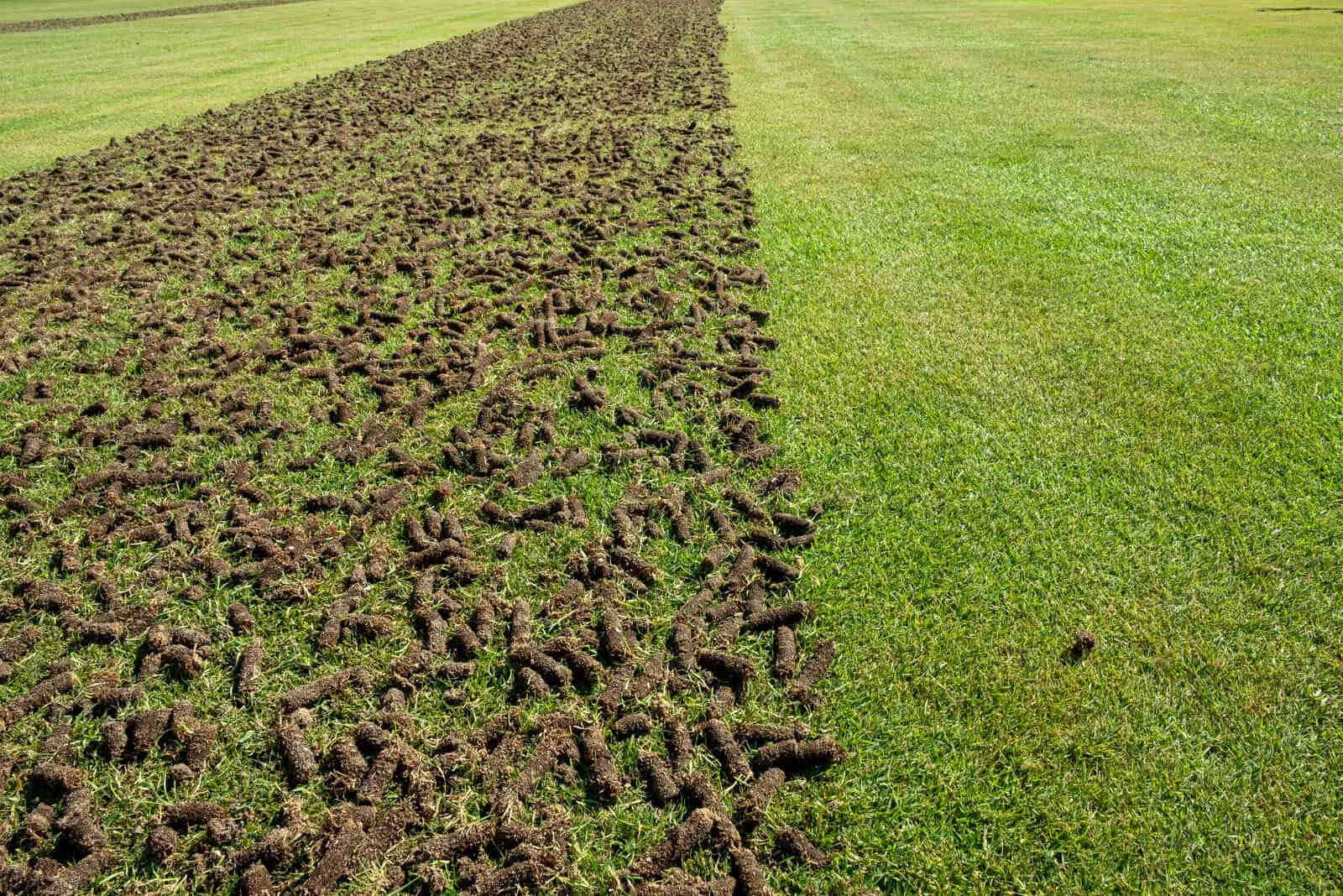
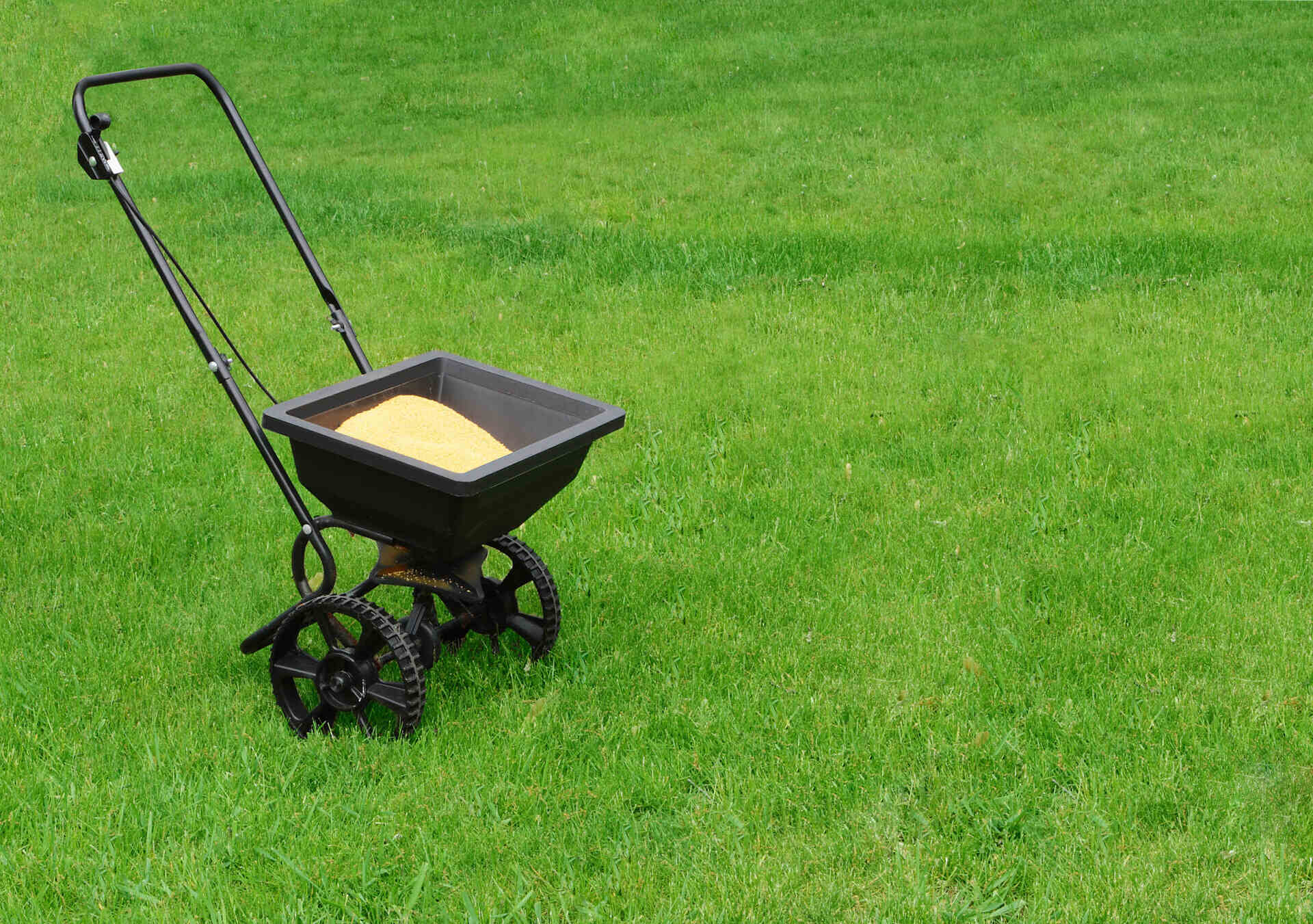
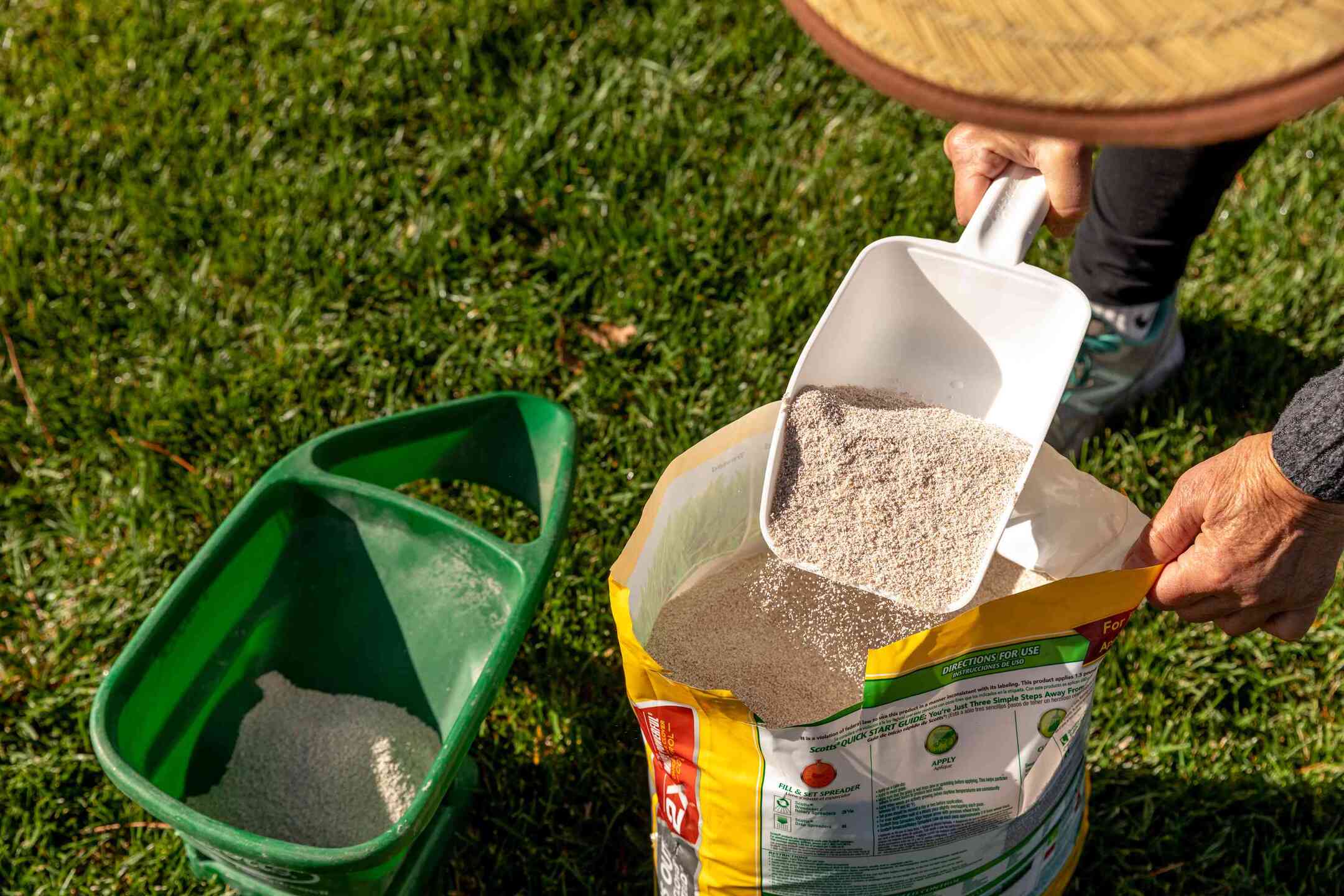
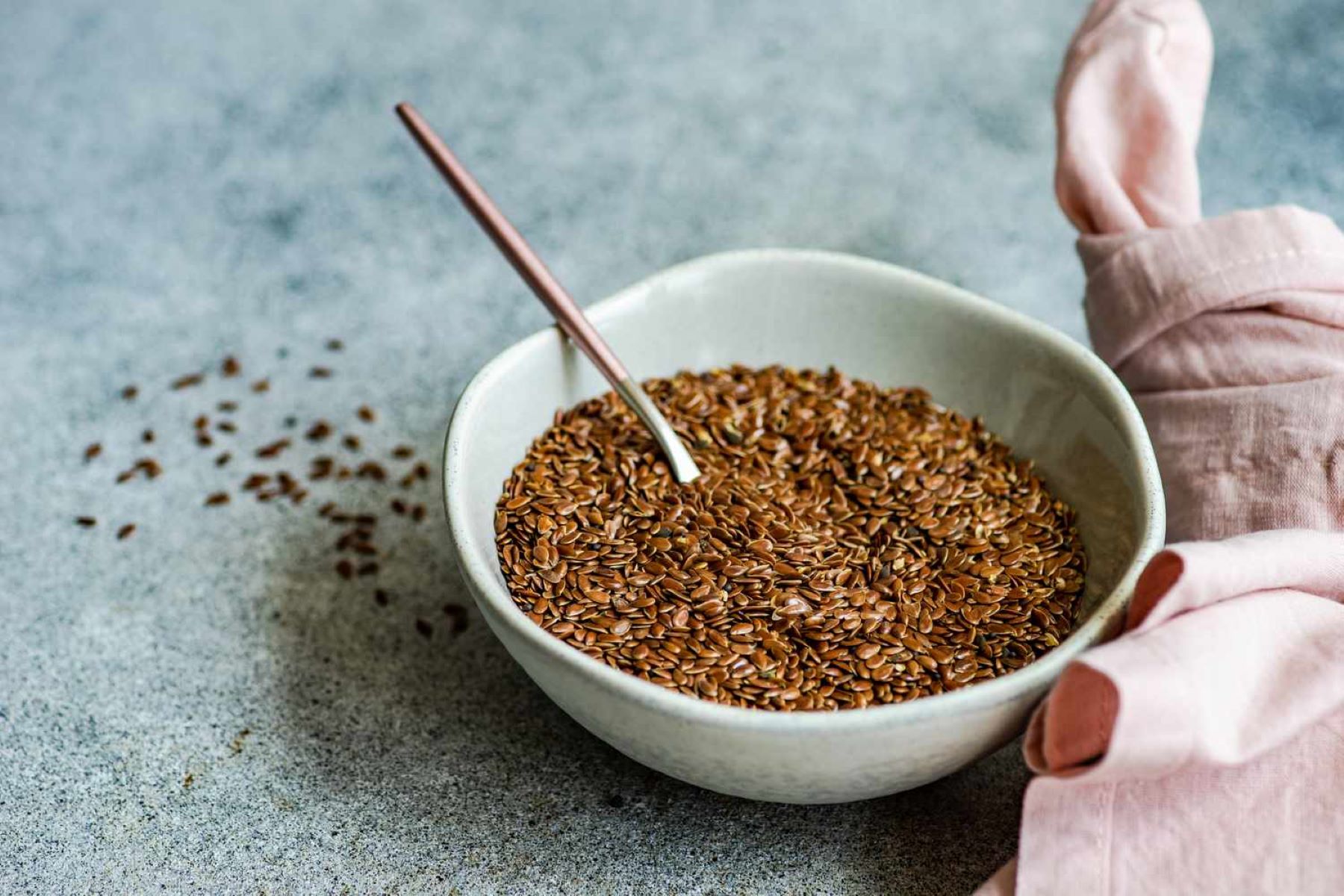

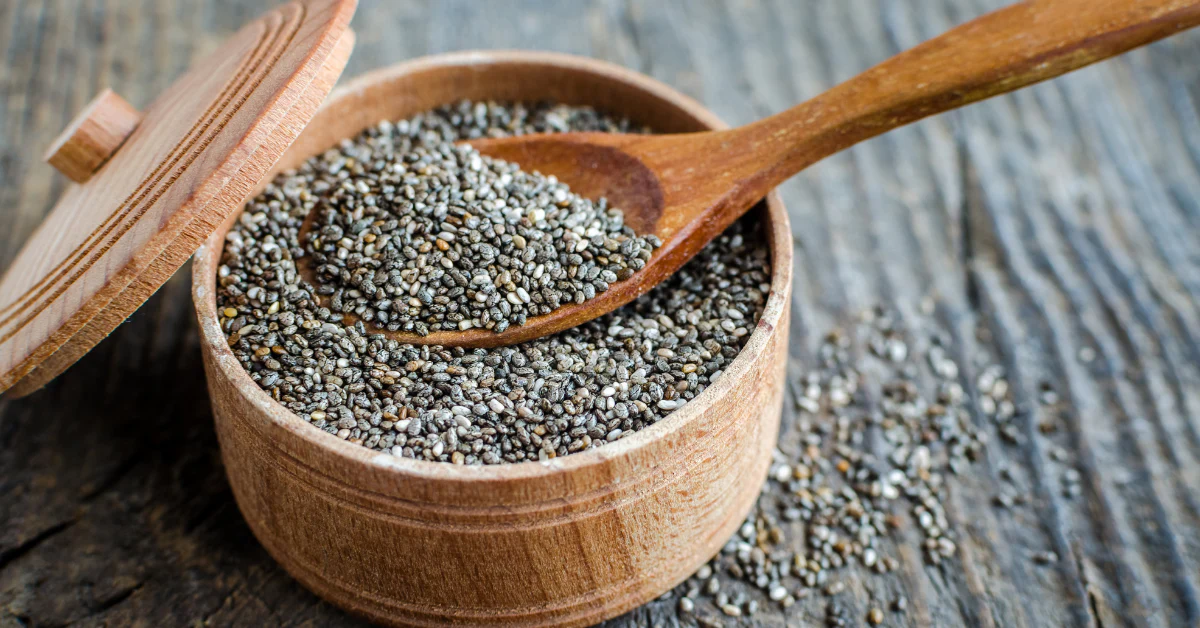
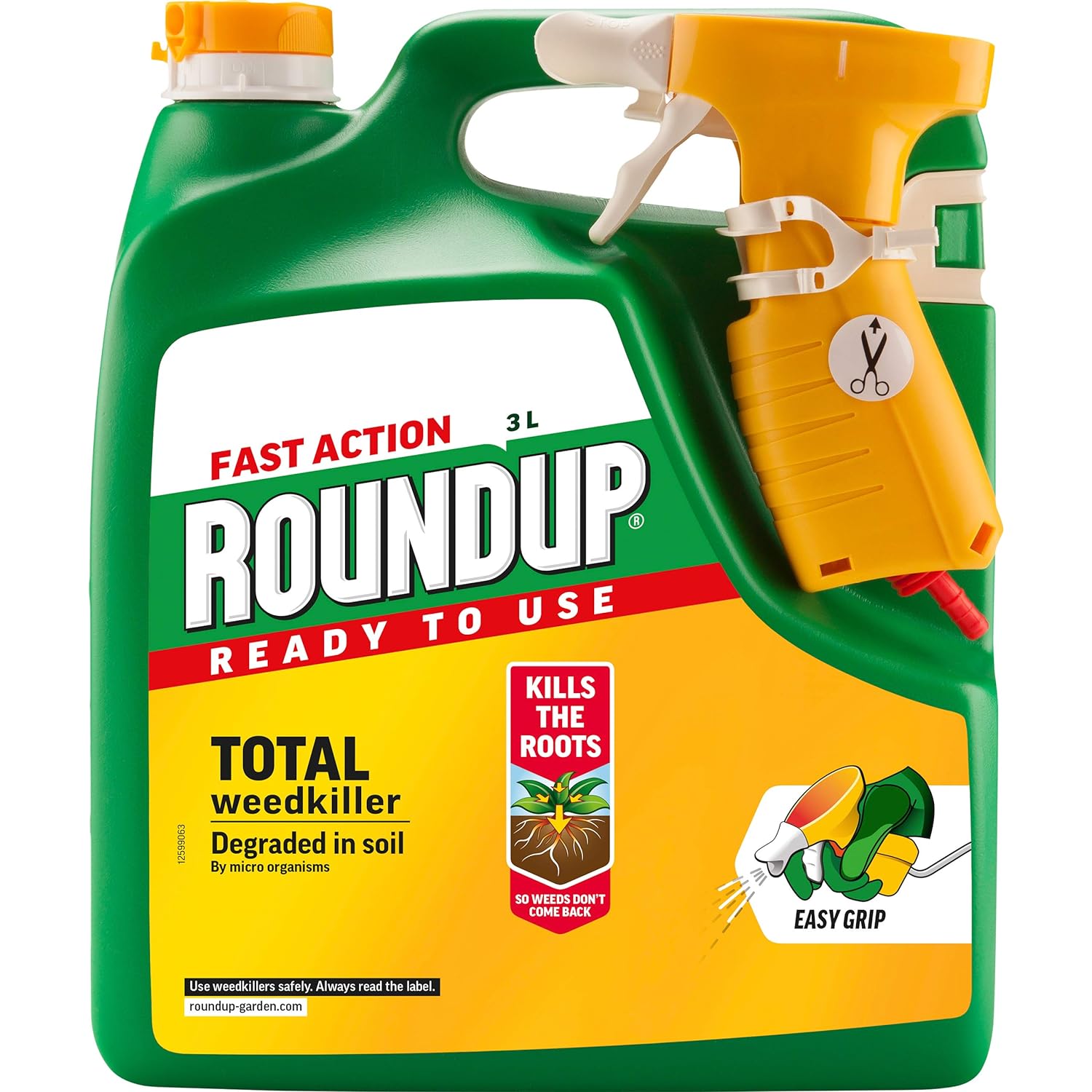
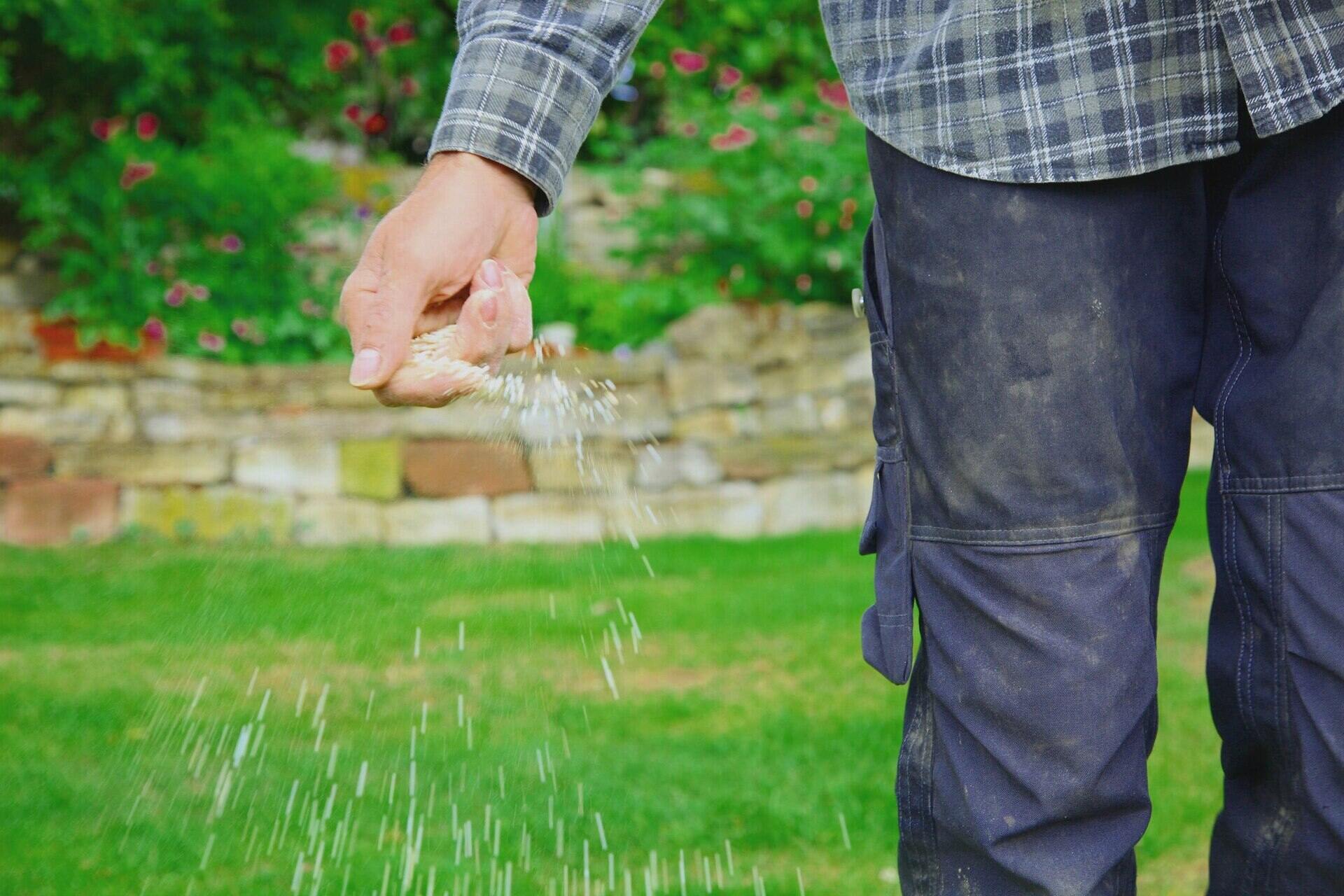
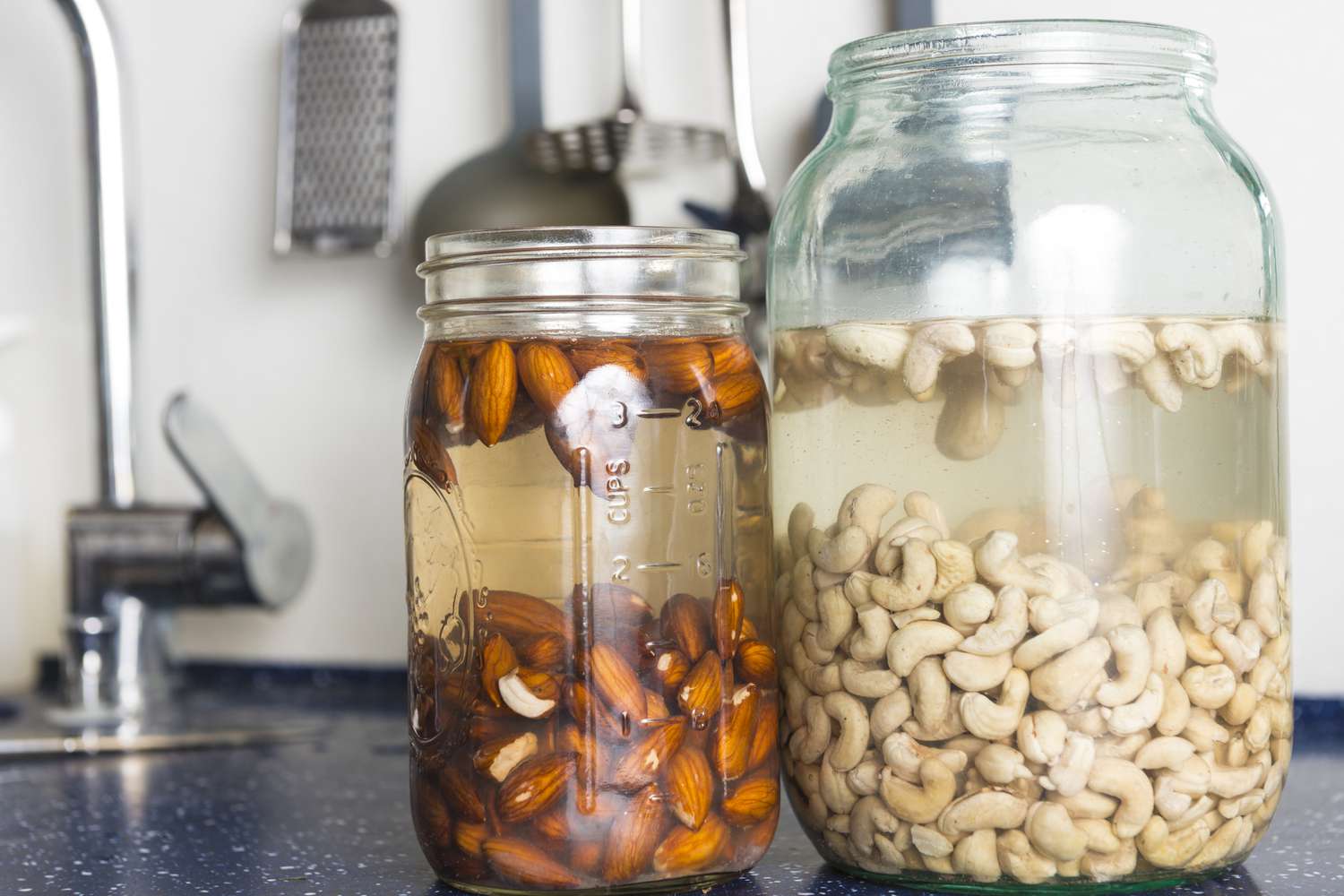


0 thoughts on “How Long After Spraying Roundup Can You Plant Grass Seed”